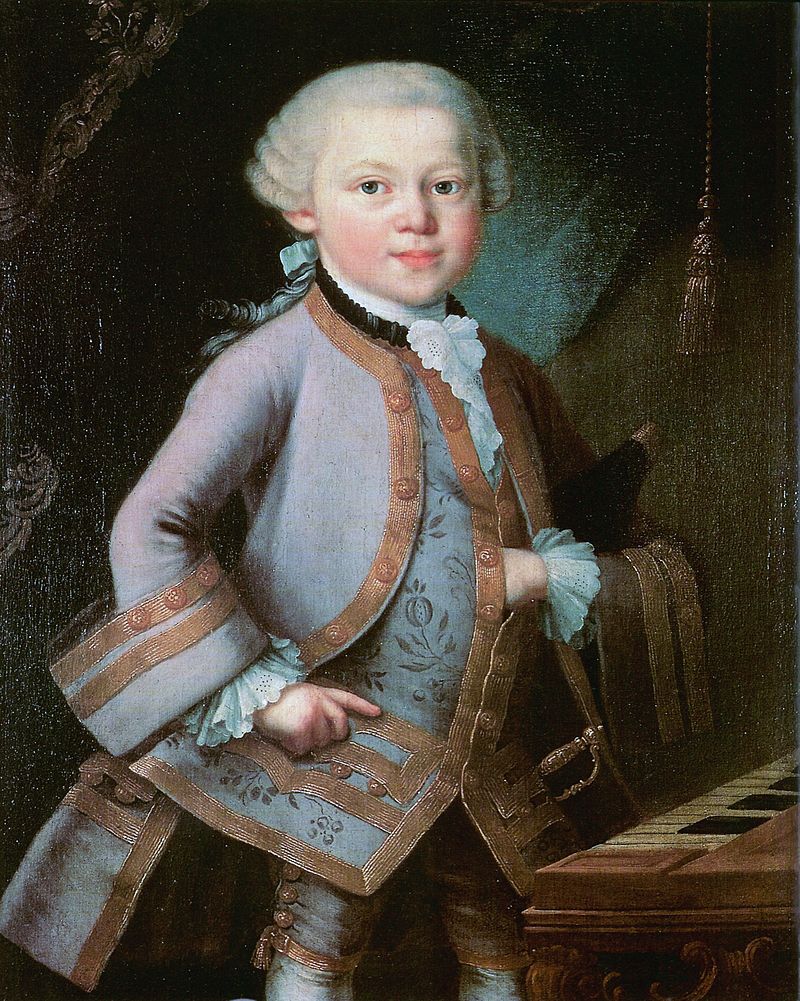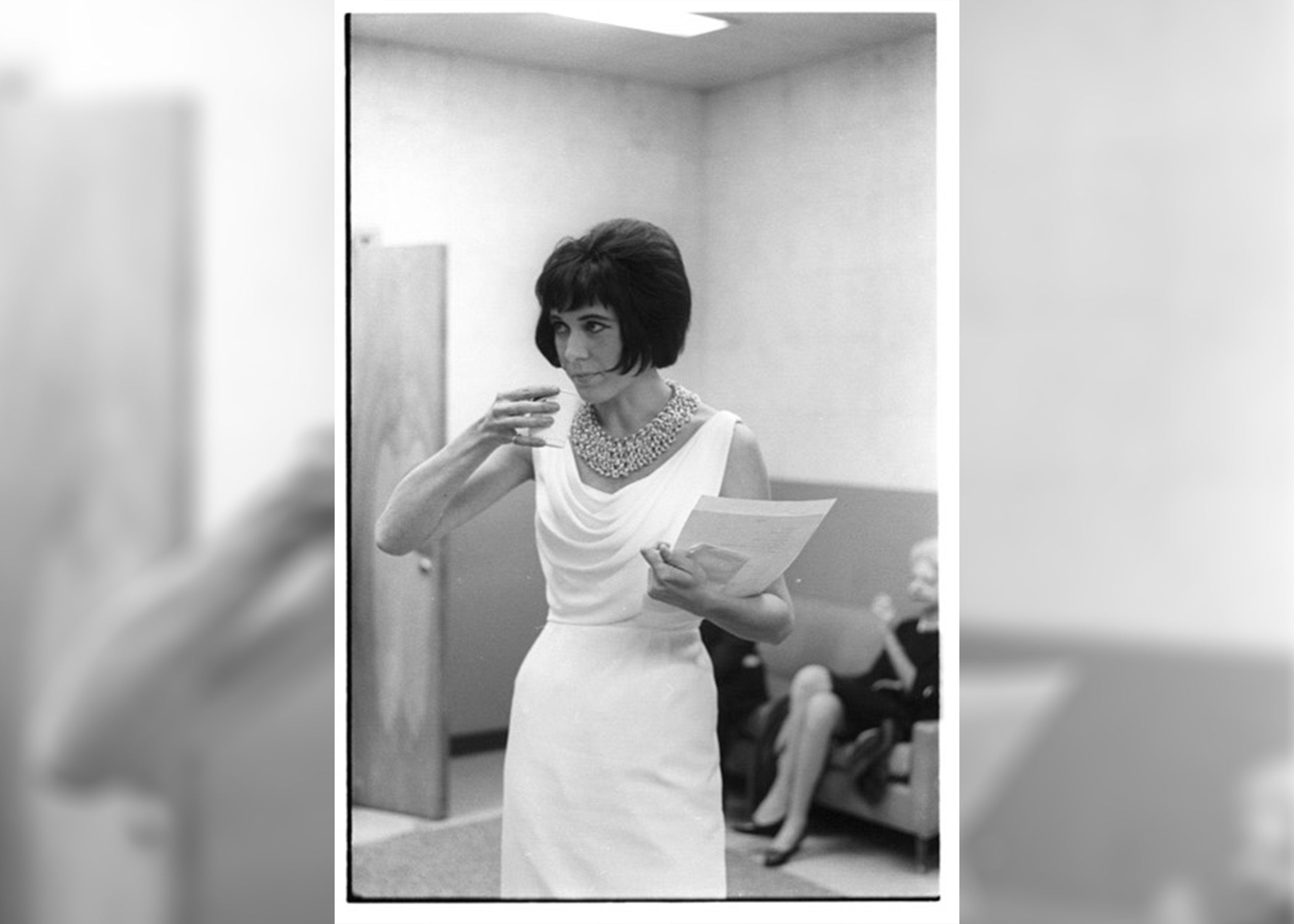The brilliant but playful young composer had traveled with his father to Italy. The plan–to lay the foundation for a European reputation. On the eve of his fourteenth birthday, January 27th, 1760, Wolfgang Amadeus Mozart was in Milan. To his 18-year-old sister Nannerl in Salsburg he wrote:
“I rejoice that you had such a good time at the sleigh ride, and I wish you a thousand opportunities for pleasure so that you can spend your life merrily. But one thing bothers me, namely that you allowed your admirer, Herr von Molk, to sigh and sentimentalize, and that you didn’t go with him in his sleigh, thinking that he might pester you.
“The opera at Mantua was very good. The prima donna sings well, but she’s inanimate, and if you didn’t see her acting, but only singing, you might imagine she wasn’t singing at all because she can’t open her mouth so she whines everything.
“The seconda donna may look like a grenadier, but she has a very powerful voice and really doesn’t sing badly considering that this is her first appearance.
“In Cremona the orchestra is good. The prima donna is very passable, but rather ancient and as ugly as sin. She doesn’t sing as well as she acts. The seconda donna is not ugly on the stage. She’s young but nothing wonderful. The male lead has a fine voice and a beautiful cantabile. The tenor has a pleasing exterior and looks like the king at Vienna. The lead ballerina is good, but an ugly dog. There was a ballerina who danced far from badly, and what’s more, is far from plain, either on or offstage. The rest are the usual so-so.
The fourteen-year-old composer signed his letter “Wolfgang de Mozart–Noble of Hohenthal and attached to the Exchequer.”
News with a little more humanity
WPR’s “Wisconsin Today” newsletter keeps you connected to the state you love without feeling overwhelmed. No paywall. No agenda. No corporate filter.
Wisconsin Public Radio, © Copyright 2026, Board of Regents of the University of Wisconsin System and Wisconsin Educational Communications Board.





